13 Gardening Solutions and Remedies to Stop Doing
Updated: May 18, 2023
These common gardening solutions and backyard home remedies won't get you proven results. Here's why you should stop doing them!
Our editors and experts handpick every product we feature. We may earn a commission from your purchases.
There’s no need for “Dear Abby” in the garden. Just go to your friends or neighbors with your plant question or problem, and they’re pretty much guaranteed to have some fool-proof gardening solutions. But how do you know those tried-and-true tips, often passed down from one generation to the next, actually work? Gardeners are great at giving advice, but that doesn’t mean you should always follow them.
Authors C.L. Fornari and Jeff Gillman have both written books about garden myths and remedies, so they’ve heard it all. They’re helping us tackle 13 garden myths that are common practice for many. With their tips and advice, backyards across America are going to be much better off.
Check out genius garden hacks you’ll want to steal immediately.
Garden Myth 1: Make your tomatoes sweeter by adding sugar to the soil.
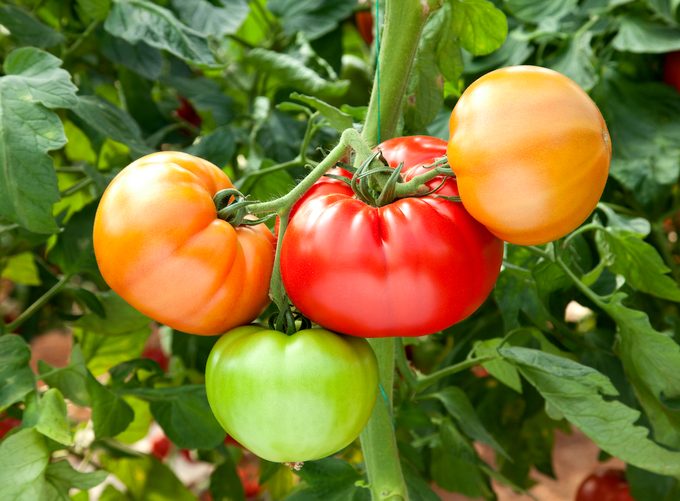
Save your sugar for making the nectar for your hummingbird feeders, instead of sprinkling it over your soil. If you want to grow sweeter tomatoes, look for different tomato varieties intentionally bred to be sweeter.
C.L. says: Sugar can actually stunt the growth of plants, which would be downright tragic when it comes to homegrown tomatoes.
Myth 2: If a plant is wilted or yellow, water it.
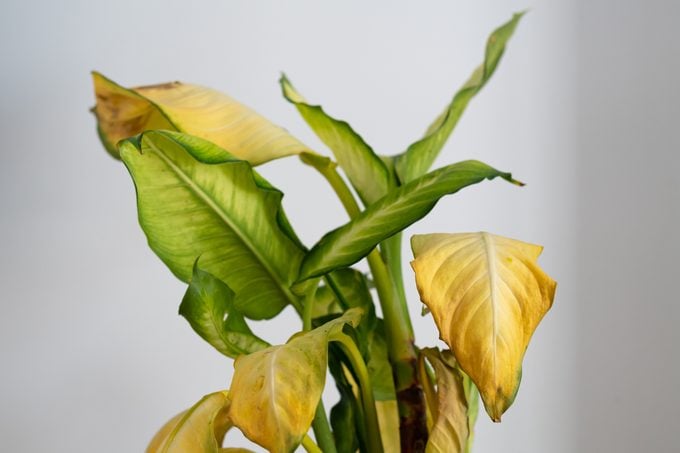
It’s natural to reach for the watering can when you see a plant wilting or yellowing, but water isn’t always the answer. If water is your go-to remedy for droopy or discolored plants, it’s time to reconsider.
Jeff says: Unless the soil is dry, there is no need to water. In fact, overwatering is just as likely to be the cause of the problem as not watering enough.
Why does my plant have brown tips on the leaves?
Myth 3: Bury banana peels to give plants, like roses, much-needed nutrients.
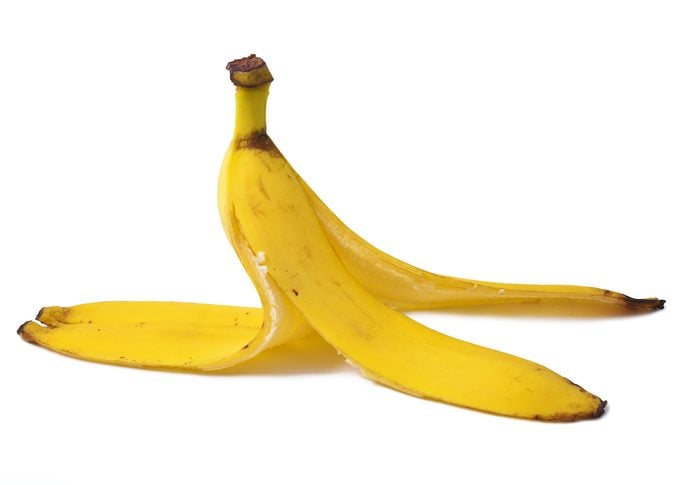
If your banana peels are going in the garbage anyway, why not put them in your rose garden? This is one of those myths where you might think it can’t really hurt to try, but be sure to keep your expectations in check.
Jeff says banana peels do offer potassium, however, burying them may also suck up nitrogen that plants need to grow. As with coffee grounds, the best thing to do with banana peels is to compost them. But first, check if your municipality allows you to include plant-based food waste.
Roses not blooming? Here’s what to do.
Myth 4: Beer makes plants grow better.
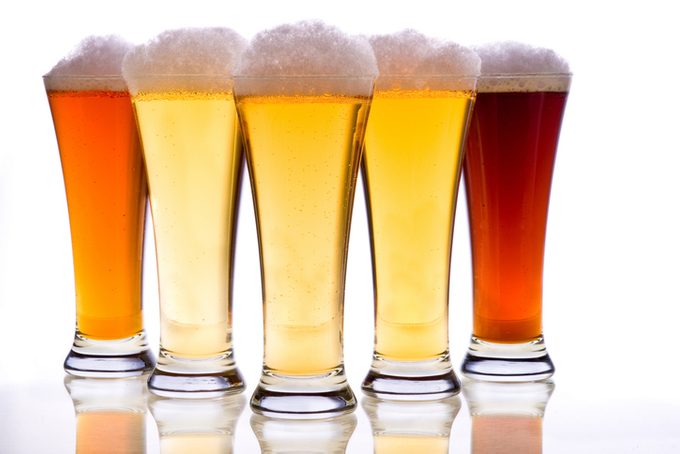
It might be tempting to try, but unless you’re getting your information from an actual horticulturalist, it’s best to ignore all advice related to pouring liquids other than water onto your plants.
C.L. says: If Mother Nature intended plants to be grown with beer, she would have made ale and lager pour out of the clouds. Beer may be a refreshing drink at the end of the day, but it’s a terrible waste to pour it on a plant.
Discover 19 things your landscaper won’t tell you.
Myth 5: Don’t water plants in the middle of the day, because it will burn them.
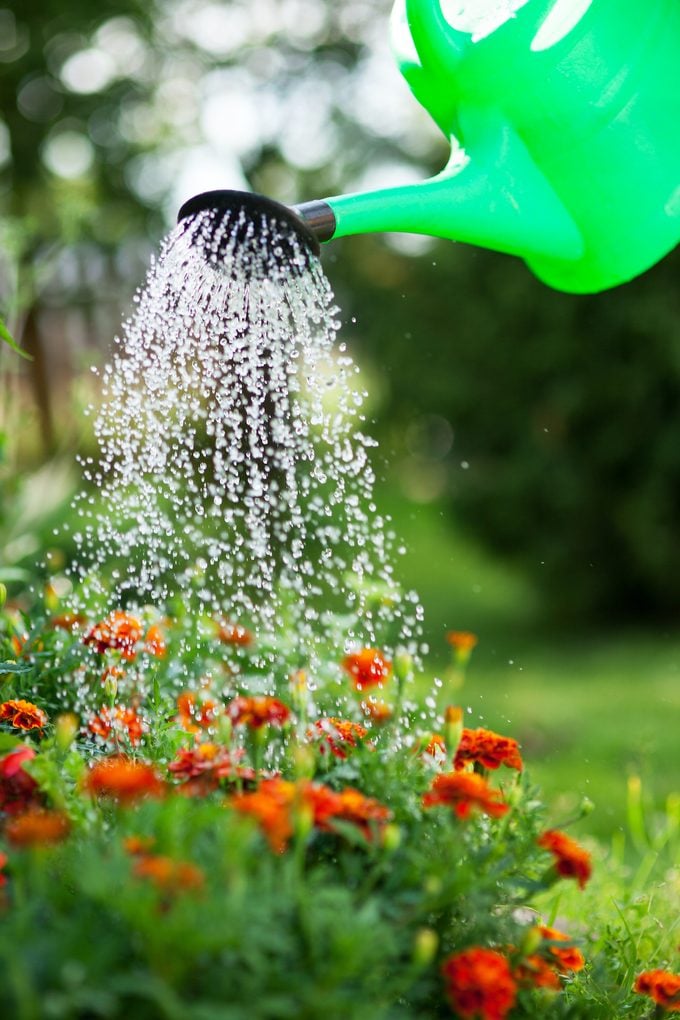
Your plants probably won’t burn, but this commonly shared gardening solution is actually a piece of advice you’ll want to follow most of the time. But if you need to water during the day, it’s OK. Keep the water low to the ground at the base of the plant.
C.L. says: Although the best time of day to water plants is in the morning, if a plant is thirsty, then you should water it. Brown spots on leaves are usually caused by leaf-spot fungi, not water and sunlight.
Discover genius ways to use up extra tomatoes and veggies.
Myth 6: Coffee grounds make your soil richer.
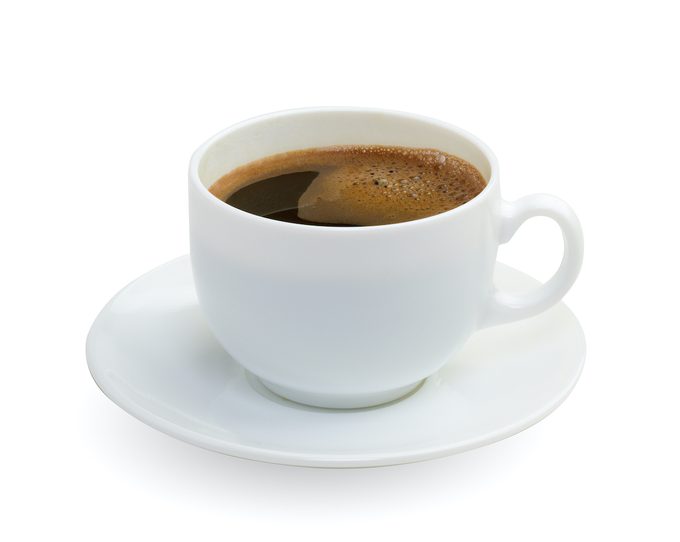
This is one of the most common gardening solutions; you’ve probably heard of adding coffee grounds to the compost pile or even local cafes saving their grounds for community gardens. It’s true to a point, but you still need to know what you’re doing.
Jeff says: This may be the case for some plants, but others do not respond well. The best place for coffee grounds is the compost pile.
See 4 ways to use coffee grounds in the garden.
Myth 7: Use tar or varnish to protect newly pruned trees or shrubs.
After you prune trees or shrubs, they tend to look vulnerable and exposed. It’s tempting to do anything you can to protect them, but before you reach for that tar or varnish, get a little advice from our experts.
Jeff says: As a general rule, this stuff doesn’t work. Instead, prune at the end of the winter when tree diseases are dormant.
Myth 8: Keep bugs away from your veggie garden by planting marigolds.
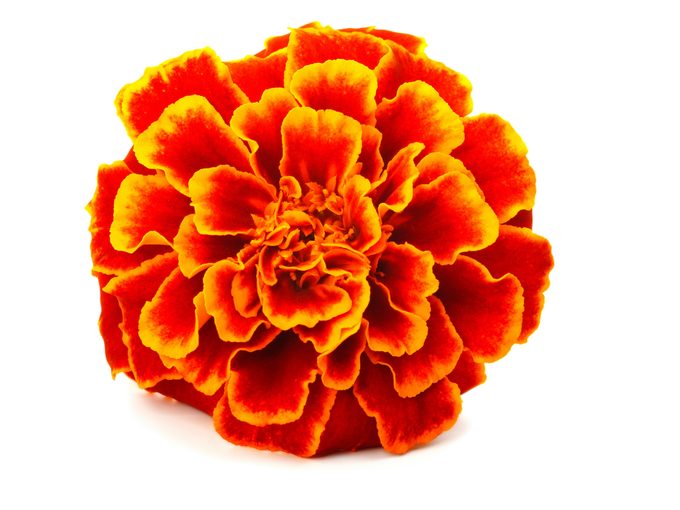
Scientific evidence has not shown that marigolds repel bugs. While there are great gardeners who swear by this method, this is not a magical fix. If your garden has pest problems, look into an alternative solution.
C.L. says: While this one of our garden myths has been disproven, and marigolds might not deter harmful insects, I plant them anyway. As my husband says, “It’s tradition!” On the plus side, their petals are edible, they look cheerful and flowers attract pollinators to the garden.
Myth 9: Mothballs in the garden will dissuade pests.
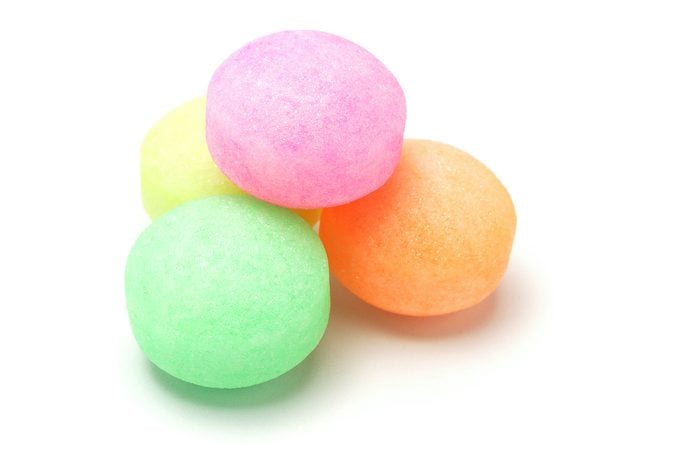
Should you be digging deep into attics, closets and garages to pull out the mothballs you find? Probably not. It really won’t do your garden much good.
C.L. says: Mothballs are toxic, and who wants to be spreading toxins in the garden?
Myth 10: Support newly planted trees or shrubs with a stake.
Although you may want to give a young tree some sort of support to reduce the chances of it flopping over, this is only necessary in a few cases.
Jeff says: Extra support may be needed for some floppy specimens, but use stakes as little as possible. It causes the tree to form thinner trunks, and if the wires aren’t removed, it can lead to damage from strangulation.
Follow these 5 essential steps for tree planting success.
Myth 11: Plant a rusty nail to make your hydrangeas blue.
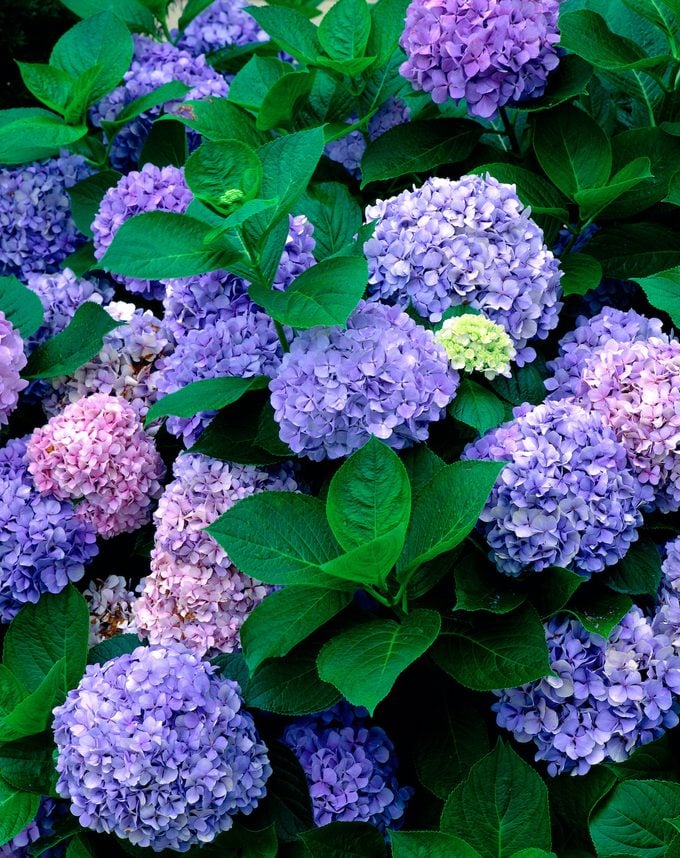
If it were this one of our gardening solutions worked, you’d have gardeners all over the country rummaging through basements and sheds looking for rusty nails. Bottom line is that it’s just not going to get you very far. Stick with science if you want to get blue blooms.
C.L. says: I live on Cape Cod where blue hydrangeas are our signature plant, and we know that it’s the acidic soil that allows them to develop that outrageously wonderful color—not a rusty nail.
Here’s how to change the color of your hydrangeas.
Myth 12: A mixture of dish soap and water can eliminate bad bugs.
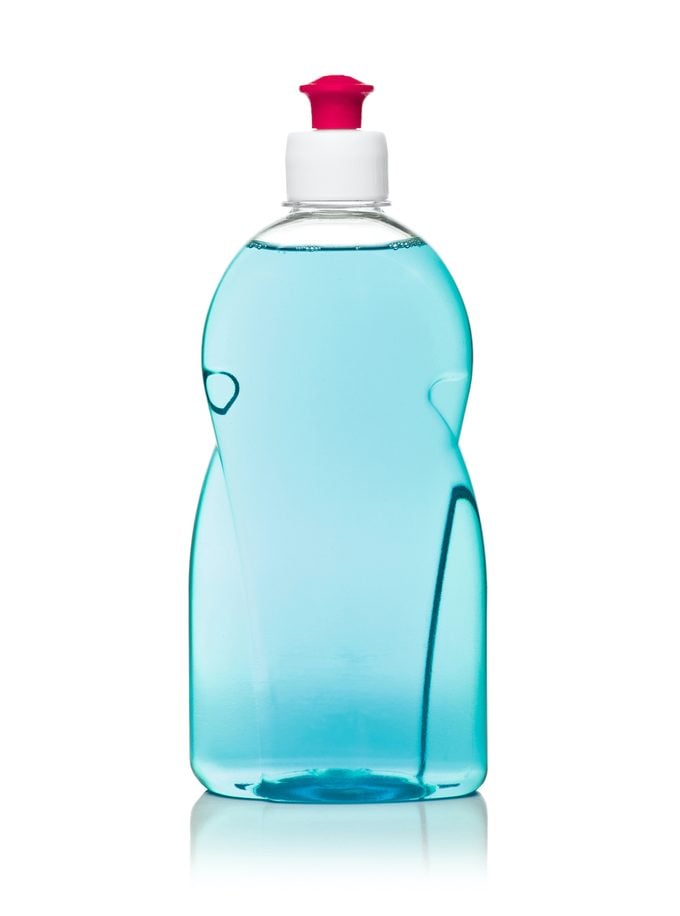
Often touted as a natural gardening solution, it’s tempting to just take to the flower bed with a water and soap mixture to get rid of annoying bugs like aphids. While this one of our gardening solutions and home remedies does have some truth to it, it can also harm plants.
Jeff says: This can work, but too much dish soap might burn the plants, so be careful. Test a small area if you’re set on trying this. Even better, use insecticidal soap made for plants.
Make your own weed killer with vinegar and dish soap.
Myth 13: Double your fertilizer for double the results.
The person who first thought of the phrase, “too much of a good thing,” could have been talking about garden fertilizer, which can do wonders in the garden, but going overboard is not the best idea.
Jeff says: Doubling the fertilizer is as likely to cause fertilizer burn on your plants than increase their growth. Follow the instructions on the container.
